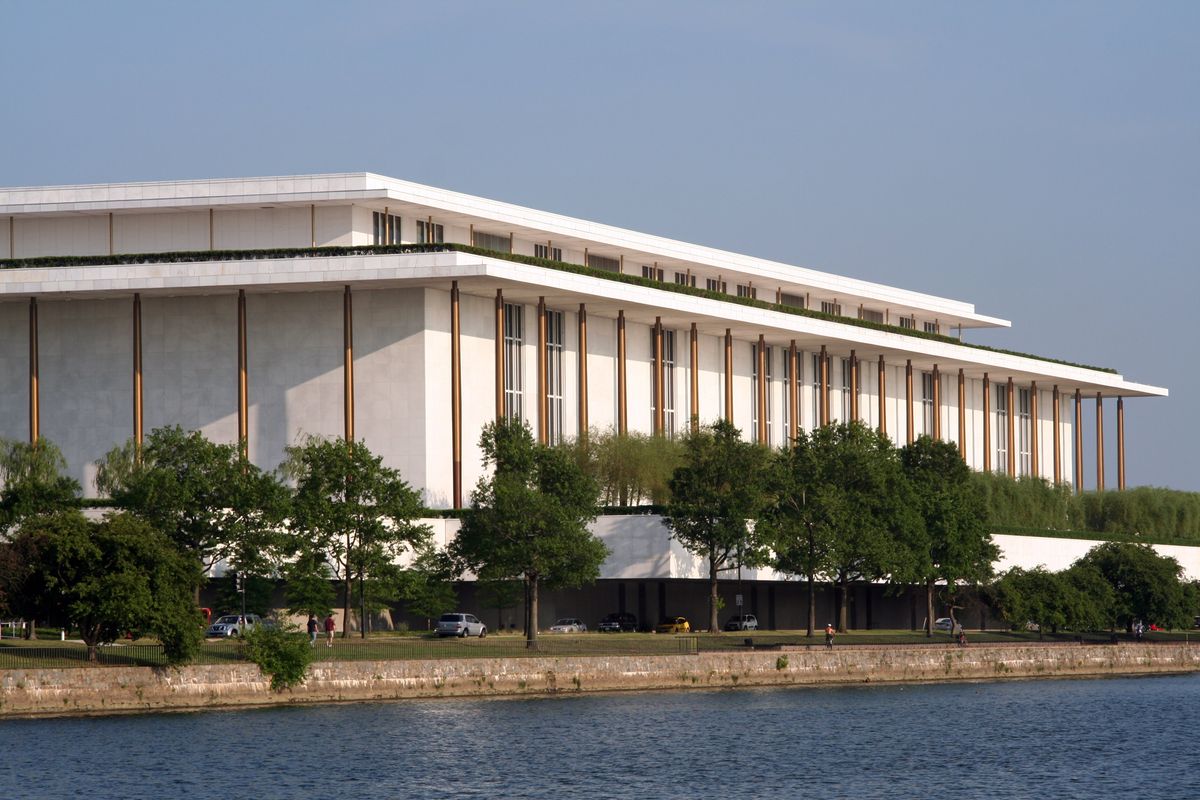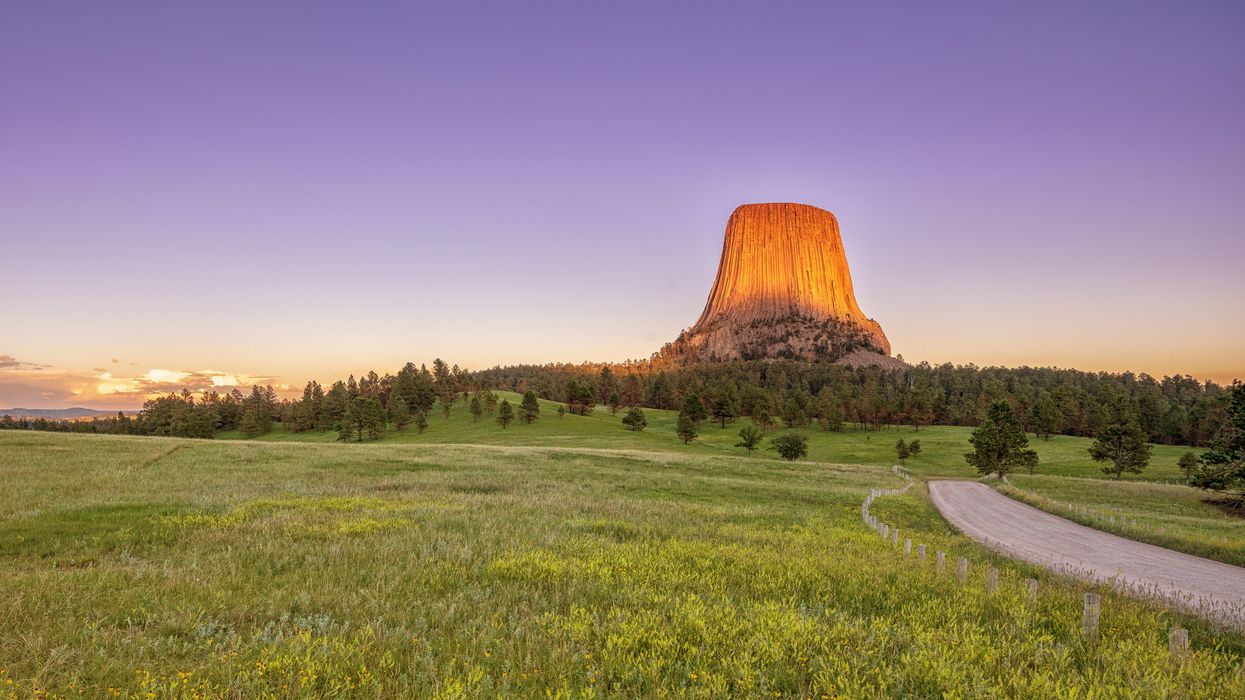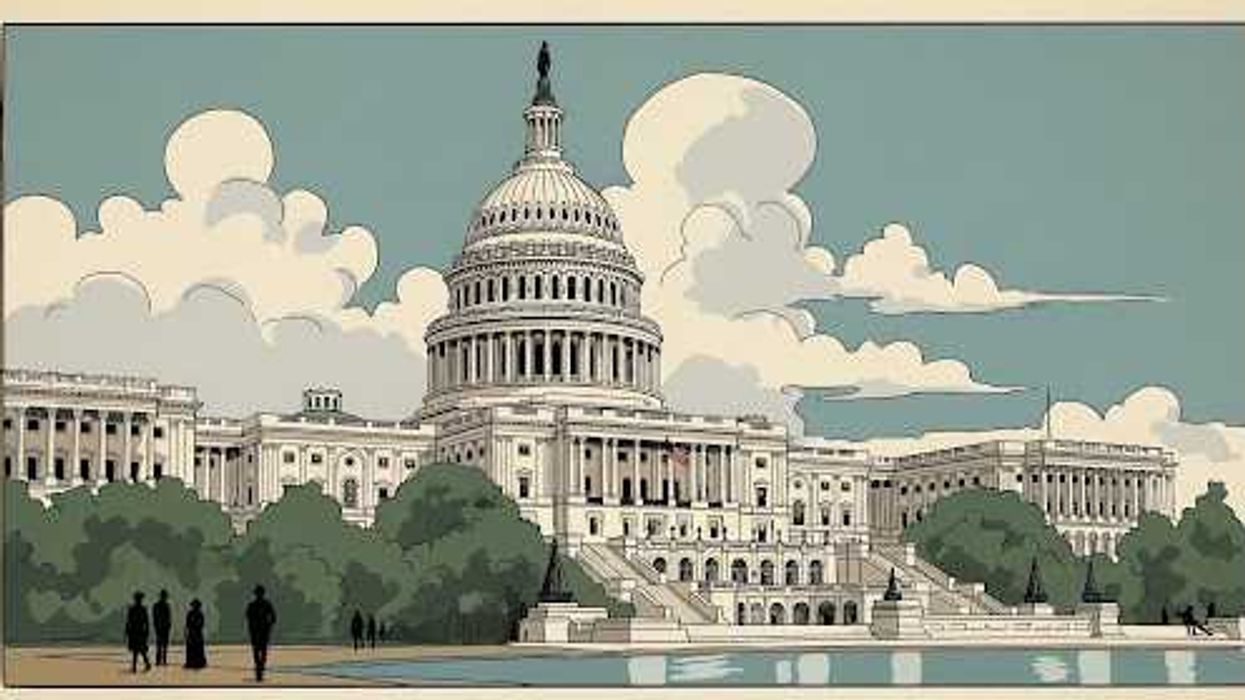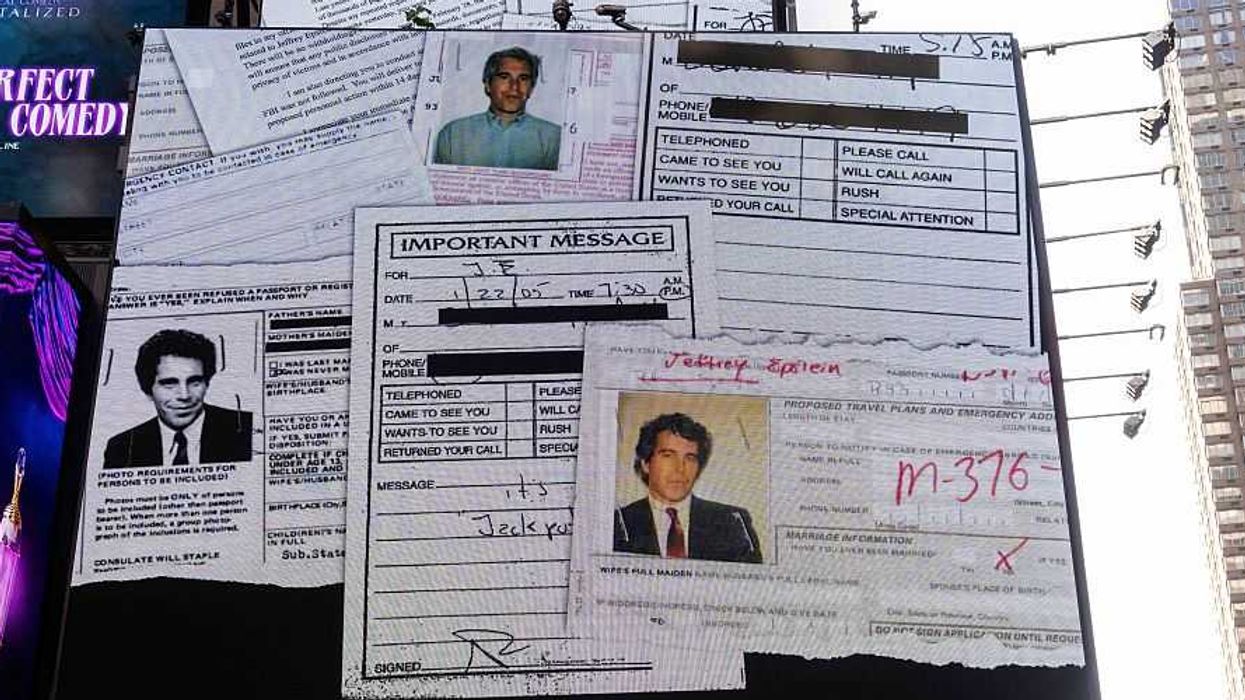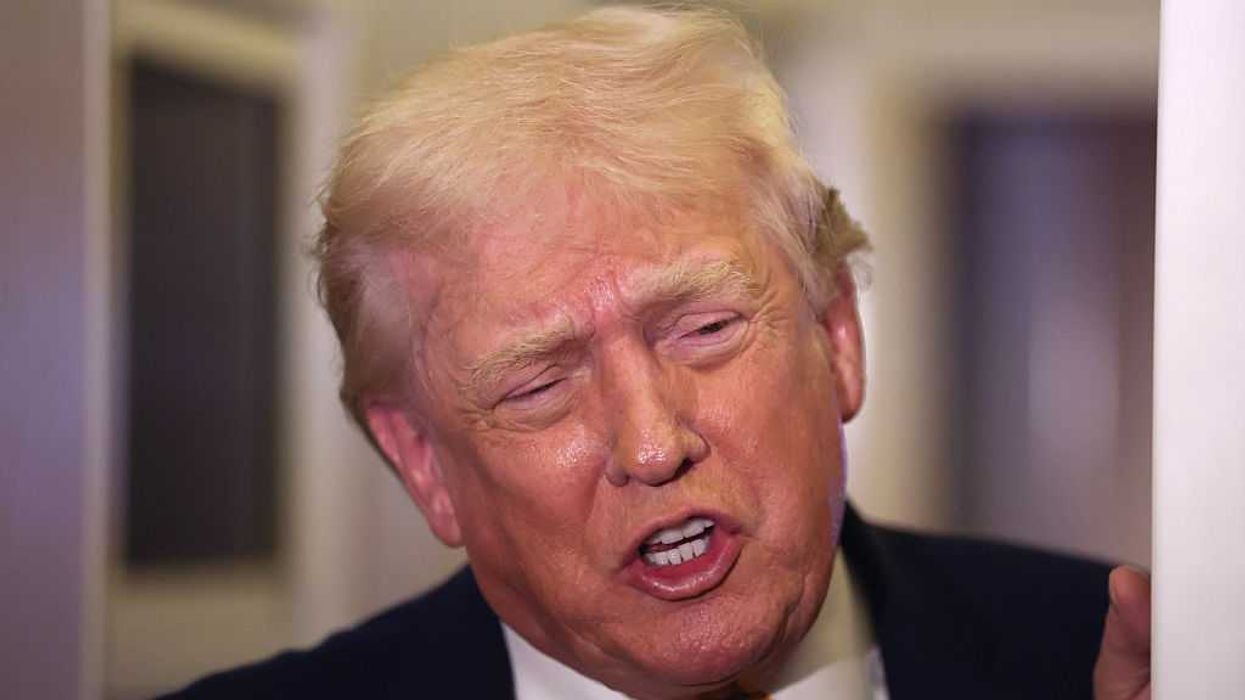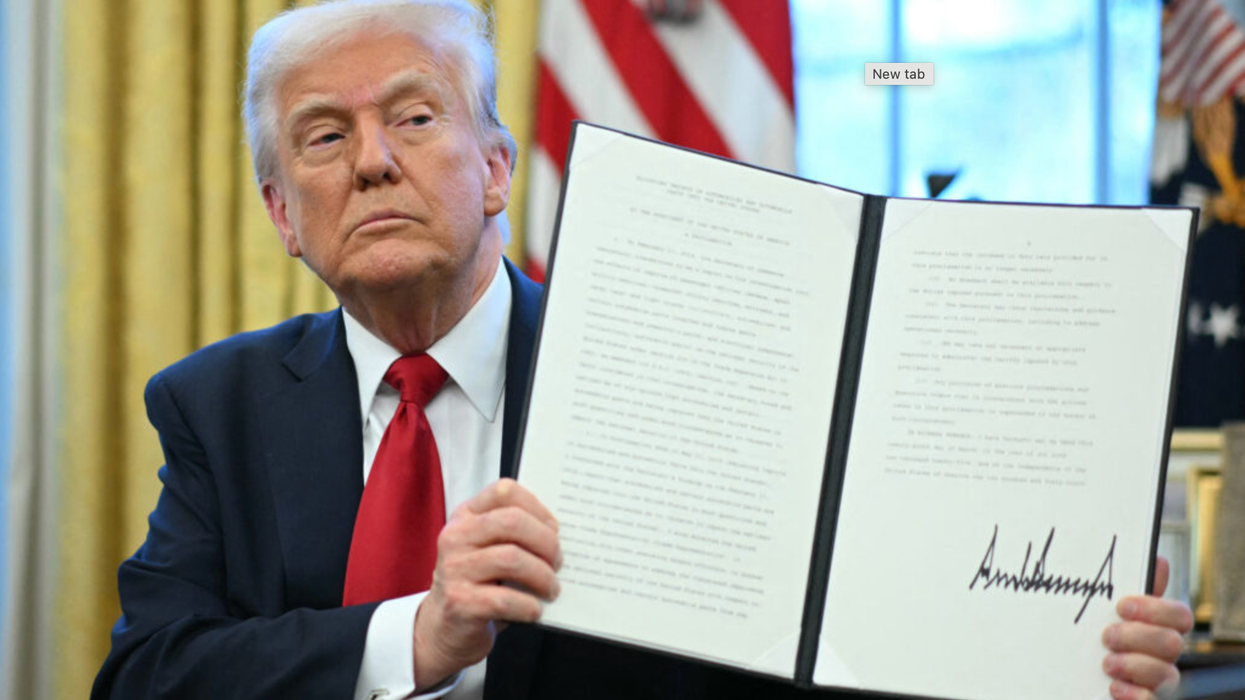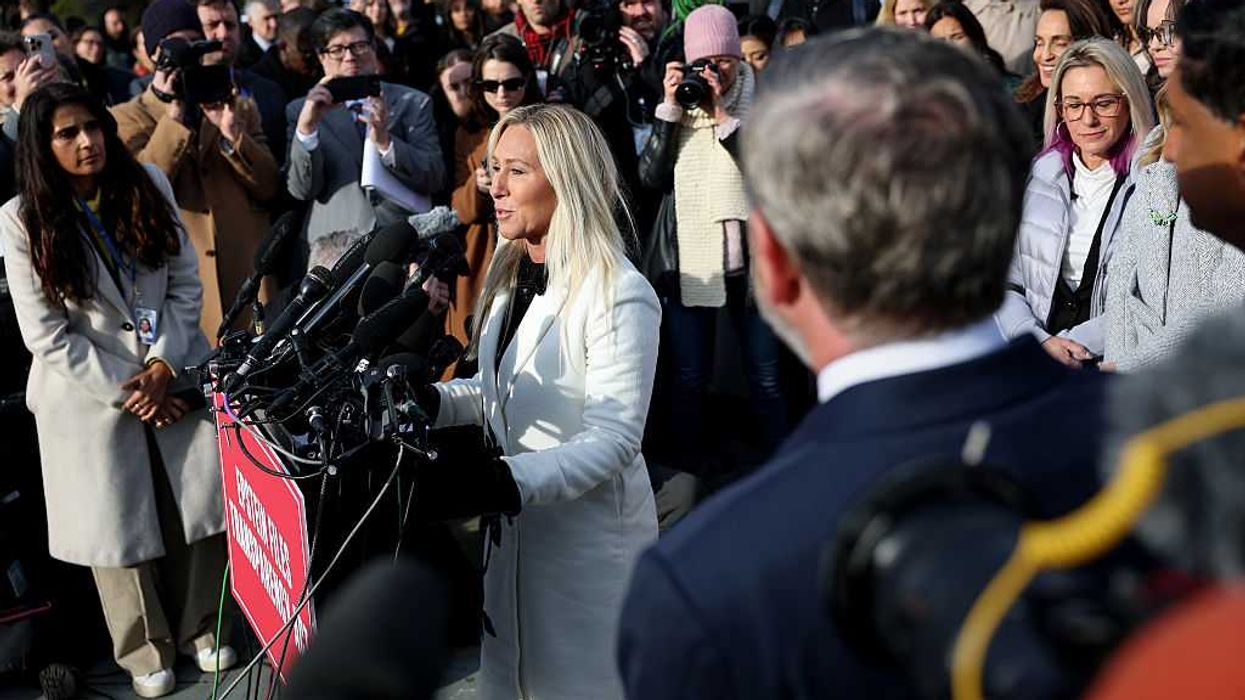Grapes is director of advocacy and outreach for Better Wyoming, which works to mobilize residents to call for more progressive policies in the least-populous and one of the most conservative states.
Over the past month, because of Covid-19's menacing march, one state after the next delayed the Democratic presidential contests and other elections by long stretches and switched important rules at the last minute.
But not Wyoming.
Because of forward-thinking planning, the Democrats' nominating contest was largely conducted both safely and on schedule. When the limited in-person caucusing set for Saturday, April 4, was cancelled due to the coronavirus pandemic, mail-in voting that was always expected to generate most of the results was both expanded and extended until the following Friday. Voters were able to cast ballots from the safety of their homes, avoiding unnecessary chaos and ensuring all Wyomingites a say in the election.
To explain how we got to that point: Late last year the state party decided to supplement its traditional caucus with early in-person voting and voting by mail. This was motivated by the goal of encouraging more Wyoming voters to help select a presidential nominee, and this initiative quickly proved popular with citizens. Not only would vote-by-mail allow registered Democrats who requested ballots to vote at home well ahead of Election Day, they could also participate in ranked-choice voting — the ability to rank candidates in order of preference.
This way, if someone's favorite didn't receive many votes, their second choice could still be counted, and so forth. With this model, there's no such thing as vote-splitting and no worry about who is "electable" versus who is aligned with your values. You can vote with your heart and know that your vote counts.
Of course, no one could have foreseen a pandemic upending life as we know it. But as the threat of coronavirus became increasingly pressing, the state's Democratic leadership responded by cancelling the in-person caucuses and instead mailing every registered Democrat a ballot that could be dropped off or mailed back.
This nimble response made it possible to avoid the dismal prospect of a delayed or cancelled election. Voting must be as open, easy and accessible as possible in order to maintain election integrity. And, while there are still ways to make Wyoming elections more accessible — online or automatic voter registration and open primaries — voting by mail is a way to accomplish that.
Now other states should follow Wyoming's lead and implement mail-in voting. Some states that have delayed primaries still have time to ensure that everyone can have a say without endangering health. Rhode Island, for example, moved its primary from April 28 to June 2, a five-week delay that Democratic Gov. Gina Raimondo promises will be ample time to get mail ballots in the hands of all eligible voters.
This model could work well outside of a presidential contest as well. And ranked-choice voting could be particularly useful for the many states that have runoff elections planned. With RCV, no one needs to return to the polls weeks or months later; instead, the system essentially allows voters to make their primary and runoff choices at the same time because of its "instant runoff" process of weeding out lower-finishing candidates until just one has majority support.
Understandably, some are worried about unintended consequences of adopting "new" methods, contending it is safer to delay elections and use existing systems than innovate. Voting by mail and ranked-choice voting aren't new or unfamiliar; in reality, both are tried and true. Easy, no-excuse absentee voting has been an option in Wyoming for years and is the law in 33 states and the District of Columbia.
Similarly, ranked-choice voting is used in jurisdictions across the country, including five states for presidential primaries, all Maine's federal elections and in local elections across eight states. In Wyoming, eight names were on the ballot. So, even though the race had ended by the time the state's contest closed, plenty of people voted beforehand. That means, with the help of RCV, Joe Biden got a good view of where his support stands in the state compared to Bernie Sanders and all the rest — and supporters of all eight still got their voices heard.
We don't know what the country will look like in two months — if polling places will be safe places to congregate or even if people will be permitted to leave their homes. We do know fair elections are sacrosanct. The choices we make now will have an impact on our democracy for generations to come.
Mail-in voting with ranked ballots safeguards that process. Take my state's word for it.



